A child soldier’s escape from South Sudan’s brutal civil war
By DW
15 February 2020 |
12:02 pm
Caught up in South Sudan's civil war, 10-year-old Peter fled when he heard gunshots. He was separated from his family and tried to make it on his own until a militia took him in and trained him to fight. South Sudan has one of the highest numbers of child soldiers in the world. Here is Peter's story.
In this article
Related
Related
2 days ago
A high court judge has dismissed the case brought by South Africa's ruling ANC party accusing the MK party of copyright infringement. Flooding hits many parts of Kenya, sweeping away vehicles, submerging key highways and sending some communities scrambling to find higher ground. And staying in Kenya, a nation known for its marathon and long distance running gold medals is now hoping to shine in sprint.
2 days ago
Turkey's president Recep Tayyp Erdogan was in Iraq this Monday - his first official visit in years, where he signed a raft of deals to try and reset rocky relations. High on the agenda was the water issue, stemming from Turkey's construction of dams on the Tigris and Euphrates rivers that reduced the supply downstream to Iraq.
3 hours ago
A South African high court judge dismisses a case brought by the ruling ANC that had accused the MK party of copyright infringement. Also, flooding hits many parts of Kenya, sweeping away vehicles, submerging key highways and sending some communities scrambling to find higher ground. Staying in Kenya, we report on how a nation known for its marathon and long-distance running gold medals is now hoping to shine in sprint.
1 day ago
A school in the Nigerian administrative capital city of Abuja offers teaching to students at a 100 Naira ($0.86) per day. It enables poor parents and daily income earners to send their children to get secondary school education.
14 hours ago
The president of the Confederation of African Football (CAF) Patrice Motsepe discussed his ambitions for African football and his tenure as CAF president.
5 hours ago
Eye on Africa tours the Hope Hostel in Kigali. It's one of the lodgings prepared by Rwanda to take in migrants deported from Britain, the first of whom could arrive in a few months' time under a controversial policy.
Latest
45 mins ago
Taiwan's claim to be a regional bastion of human rights is undermined by its retention of capital punishment, activists say as they campaign to exonerate the island's oldest death row prisoner.
45 mins ago
Thousands of people in Portugal are marking the fiftieth anniversary of the country's Carnation Revolution – a military coup that put an end to Europe's longest dictatorship and to 13 years of colonial wars in Africa.
45 mins ago
Antony Blinken arrived in China for his second visit in a year to discuss a range of issues amid rising tensions between the two countries.
1 hour ago
Police in Germany have arrested a staff member of the German far-right Alternative for Germany party. Prosecutors say the individual was spying on behalf of China.
1 hour ago
Russia's invasion of Ukraine has pushed enlargement back on top of Europe's agenda. But taking in new members would strain the bloc's budget.
×

Get the latest news delivered straight to your inbox every day of the week. Stay informed with the Guardian’s leading coverage of Nigerian and world news, business, technology and sports.


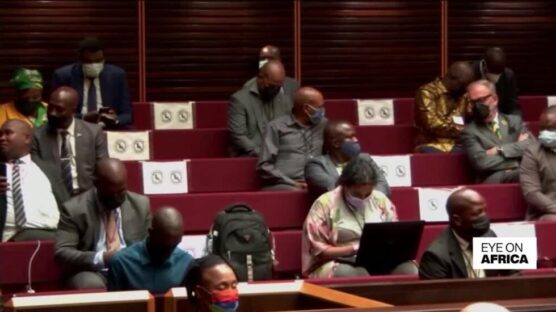

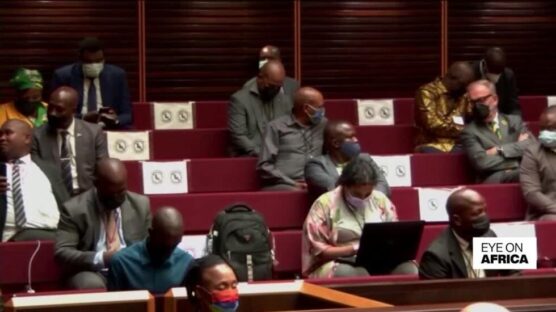
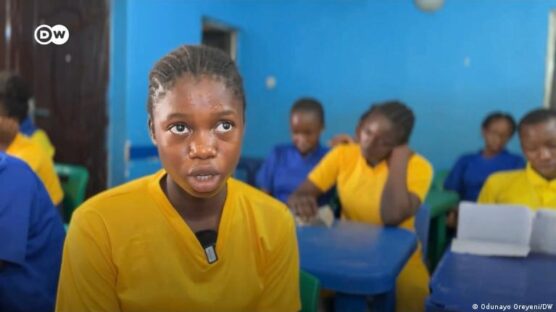
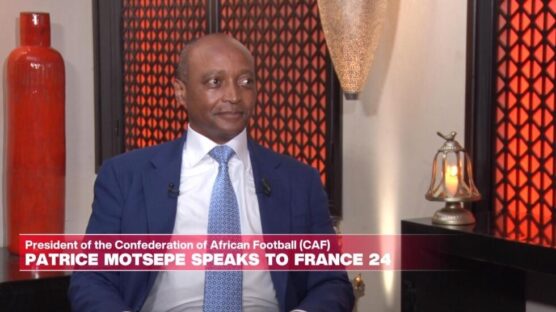
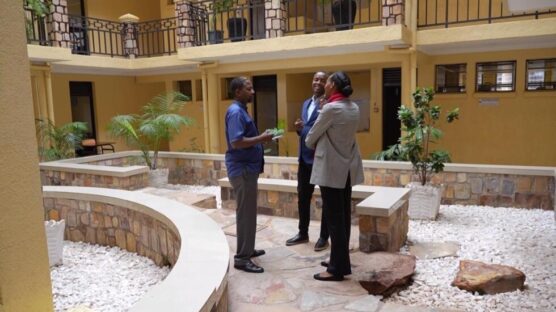




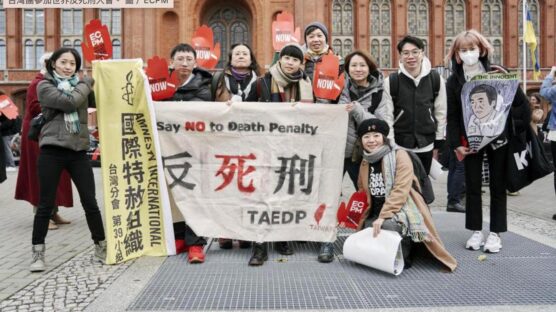

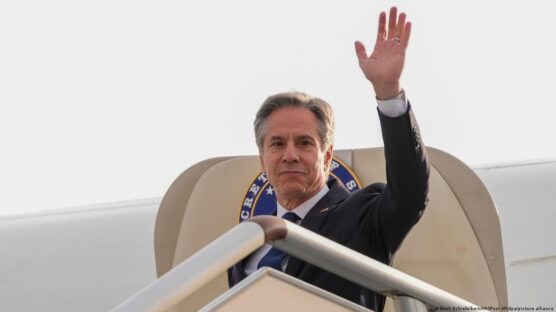
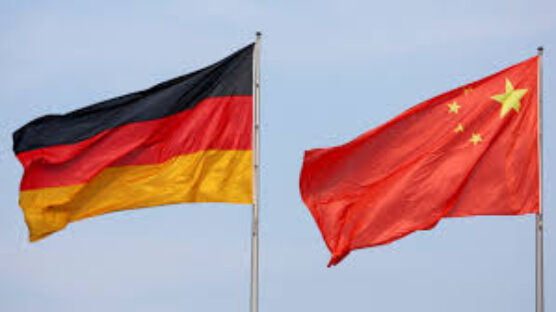

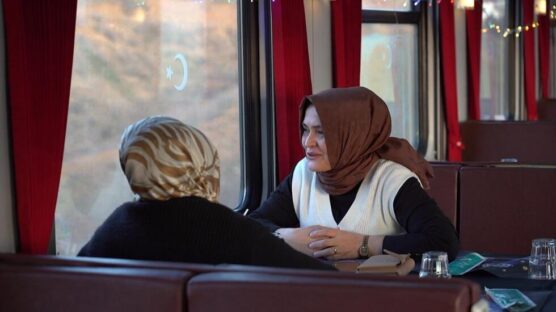
0 Comments
We will review and take appropriate action.